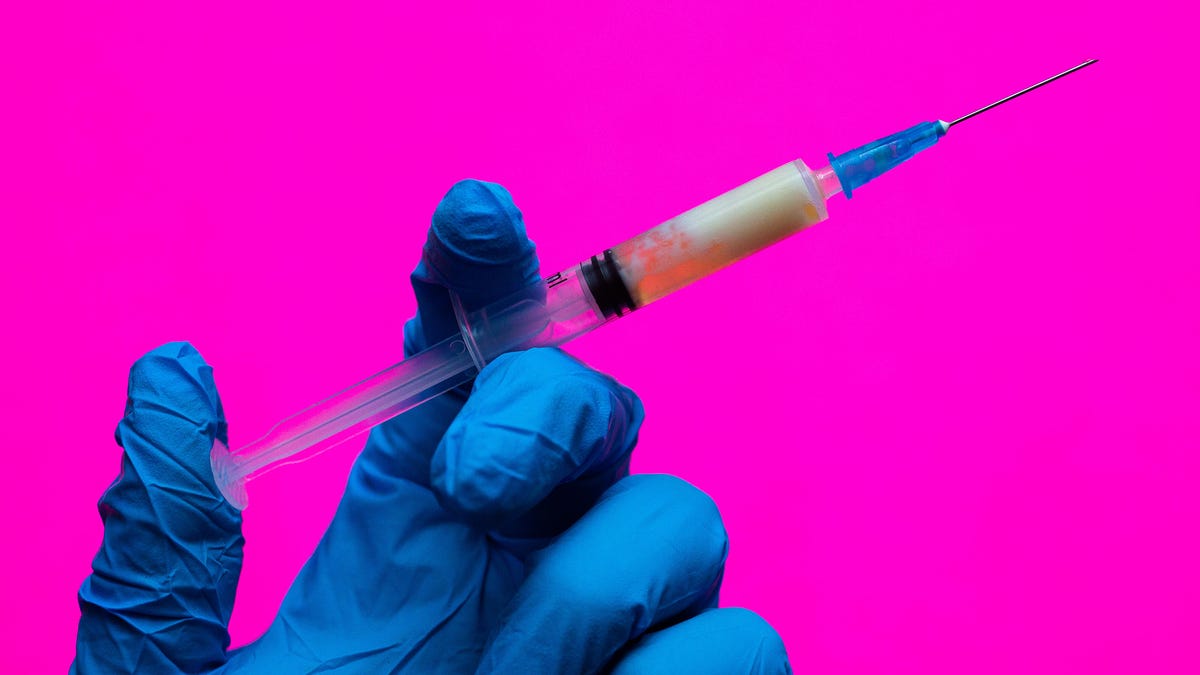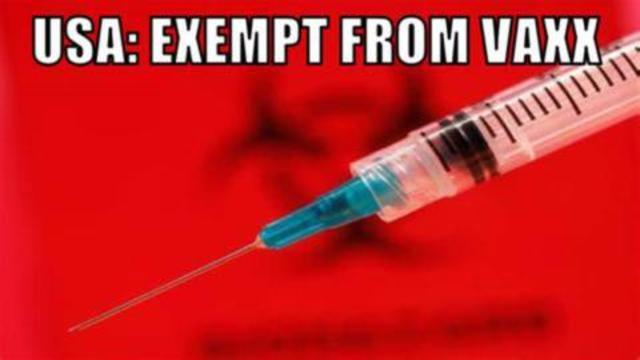It seems also Finland has joined in pausing Moderna. However, from the frying pan into the fire: instead of the Moderna injection they offer Pfizer: Sweden and Denmark said they now recommended the Comirnaty vaccine, from Pfizer/BioNTech (PFE.N) instead, while Norwegian health officials reiterated on Wednesday that they recommended men under the age of 30 opt for Pfizer's vaccine.This has been blocked! They really don't want people to know the truth about these killer shots!
Moderna Vaccine Paused in Sweden, Denmark for Under the Age of 30
Oh well, it just gives the illusion of 'caring' about the (young) people who are dropping; Pfizer or Moderna: the Overlords of Greed see all profits flowing into the same coffers at the end of the day...







